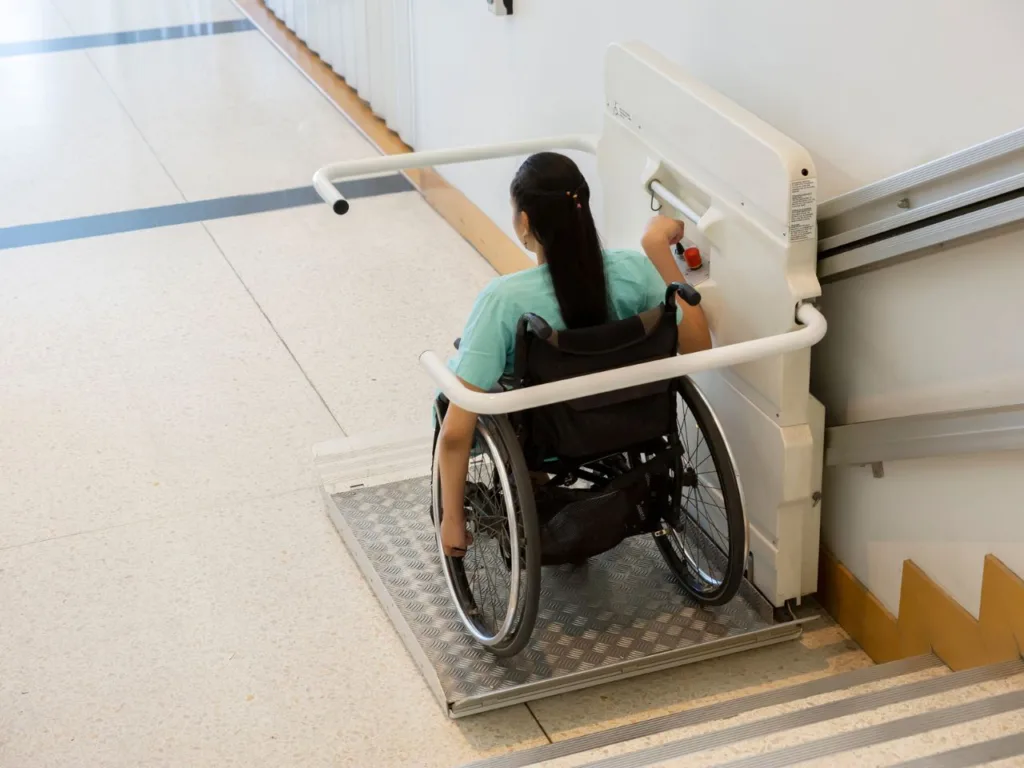Updated on August 24, 2025

Music has the power to heal, inspire, and connect—and when used intentionally in therapy, it can become a transformative tool for people with disabilities. Music therapy is a clinical, evidence-based practice that uses music interventions to achieve therapeutic goals across emotional, cognitive, social, and physical domains.
Music therapy is more than just listening to or playing music—it is a structured form of therapy delivered by a qualified music therapist who designs interventions tailored to the individual’s needs.
These sessions are designed to help clients achieve specific goals, such as improving communication skills, reducing anxiety, or enhancing motor coordination.
Who Can Benefit from Music Therapy?
- Children and adults with disabilities: Including those with autism, cerebral palsy, Down syndrome, and intellectual disabilities.
- Individuals with mental health challenges: Such as anxiety, depression, or trauma, where music can serve as a safe outlet for expressing complex emotions.
- Older adults: Particularly those with dementia or Alzheimer’s, where music can help evoke memories and improve mood.
- People recovering from neurological conditions or stroke: Rhythmic activities can aid in motor recovery and coordination.
This therapy can be especially valuable for NDIS participants, as it offers a holistic approach to managing both the physical and emotional challenges associated with disabilities.
What Does a Music Therapist Do?
A qualified music therapist creates personalised sessions that incorporate various musical elements tailored to the client’s unique needs. They may use:
- Singing and Instrument Playing: To facilitate verbal communication and motor skill development.
- Songwriting and Improvisation: Allowing clients to express their feelings and experiences creatively.
- Movement and Dance: Integrating rhythm and physical activity to enhance coordination and balance.
- Listening Exercises: Using different musical genres to evoke emotions and stimulate cognitive processing.
Sessions can be conducted one-on-one or in groups, providing both personalised attention and opportunities for social interaction. The therapist continuously assesses the client’s progress and adapts the techniques to ensure that each session is effective and meaningful.
Goals and Benefits of Music Therapy
Communication and Speech Development
Music therapy can play a crucial role in enhancing communication skills, especially for non-verbal or minimally verbal clients. The use of rhythm, melody, and lyrical repetition can help stimulate language centers in the brain, making it easier for individuals to develop or improve their speech and expressive abilities.
Emotional Expression and Regulation
For many, music provides a unique avenue for emotional expression. Through carefully designed interventions, clients can learn to identify and manage their emotions, reduce anxiety, and find healthy outlets for expressing feelings. This is particularly beneficial for individuals experiencing stress, depression, or emotional dysregulation.
Social Interaction and Connection
Group music therapy sessions are effective in building social skills such as turn-taking, active listening, and cooperative play. These sessions help participants build confidence in social settings, promoting a sense of belonging and improving overall interpersonal relationships.
Physical and Motor Skill Development
Engaging with musical instruments and rhythmic activities can significantly improve fine and gross motor skills. Music therapy often includes exercises that encourage coordinated movement, balance, and timing, which are essential for individuals recovering from injuries or living with motor disabilities.
Music Therapy and the NDIS
Music therapy is still recognised as a valuable intervention that can be funded under the NDIS. It typically falls within the Capacity Building category, aiming to enhance a participant’s independence and quality of life. At Centre Disability Support, we work closely with NDIS participants, support coordinators, and plan managers to ensure that music therapy is incorporated into a client’s NDIS plan, tailoring interventions to meet individual goals and maximising the benefits of therapy.
Some Frequently Asked Questions
What happens in the brain during music therapy?
Music therapy stimulates multiple areas of the brain, including those involved in emotion, memory, and motor control. The rhythmic and melodic elements can enhance neural connectivity and promote neuroplasticity. This means that over time, the brain may develop new pathways to support improved communication and cognitive function.
What type of music is most effective in music therapy?
There is no one-size-fits-all. For some, classical or instrumental music may be soothing, while others might respond better to contemporary or culturally relevant genres. A skilled music therapist tailors the musical selection to best meet the client’s emotional and cognitive needs.
How to do music therapy on yourself?
Self-directed music therapy can include activities such as creating playlists that evoke positive emotions, engaging in rhythmic movement or dancing, or even learning to play a simple instrument. Mindfully listening to music and journaling your emotional responses can also be beneficial. However, while these practices can be helpful, working with a qualified music therapist is recommended for deeper therapeutic outcomes.
Is music therapy covered by NDIS?
Yes, music therapy is still covered by the NDIS as part of the Capacity Building supports aimed at enhancing skills and independence. It is important to include specific therapy goals in your NDIS plan to ensure funding is allocated appropriately.
Centre Disability Support can assist with navigating the NDIS process to include music therapy as part of your overall support strategy.
If you’re interested in exploring how music therapy could benefit you or a loved one, contact us today for more information and to schedule a consultation.
RELATED
How To Get Your Dog To Be A Therapy Dog
How Support Groups Help Mental Health
What is Early Childhood Intervention in NDIS?
Common Challenges Faced by NDIS Participants and How to Deal with Them



